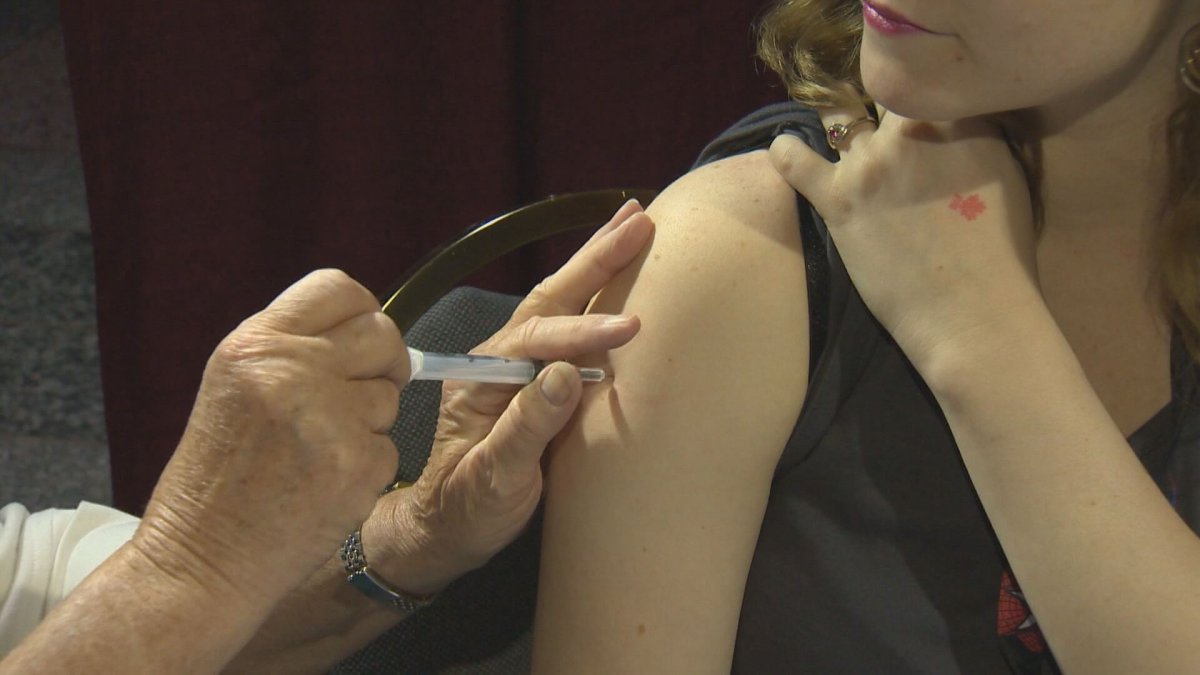There are some parallels between the Spanish flu outbreak and the COVID-19 pandemic, but one University of Saskatchewan (USask) researcher said things that happened in the past can be prevented.

Derek Cameron is a USask PhD candidate in history. He has been studying the history of infectious diseases and vaccination, recently focusing on the Spanish flu of 1918.
People had less concern over other illnesses while the Spanish flu was spreading and it was more difficult to access vaccines.
“In 1920, Canada had 2,553 cases of smallpox,” Cameron said.
“Before then, it had been at a baseline of about a couple hundred cases per year.”
Cameron said there could also be outbreaks of other infectious diseases like measles during the COVID-19 pandemic if people don’t stay vigilant with vaccinations.
While things were shutting down to prevent the spread of COVID-19, vaccinations also came to a standstill.
“We were already seeing the levels of vaccinations falling in recent years, so we don’t have as much room to maneuver if people keep missing out on vaccinations and it takes a while to get back on track,” Cameron said.
He suggests provincial health care systems identify and contact people who’ve fallen behind on vaccines.

Questions about COVID-19? Here are some things you need to know:
Symptoms can include fever, cough and difficulty breathing — very similar to a cold or flu. Some people can develop a more severe illness. People most at risk of this include older adults and people with severe chronic medical conditions like heart, lung or kidney disease. If you develop symptoms, contact public health authorities.
To prevent the virus from spreading, experts recommend frequent handwashing and coughing into your sleeve. They also recommend minimizing contact with others, staying home as much as possible and maintaining a distance of two metres from other people if you go out. In situations where you can’t keep a safe distance from others, public health officials recommend the use of a non-medical face mask or covering to prevent spreading the respiratory droplets that can carry the virus.
For full COVID-19 coverage from Global News, click here.



Comments